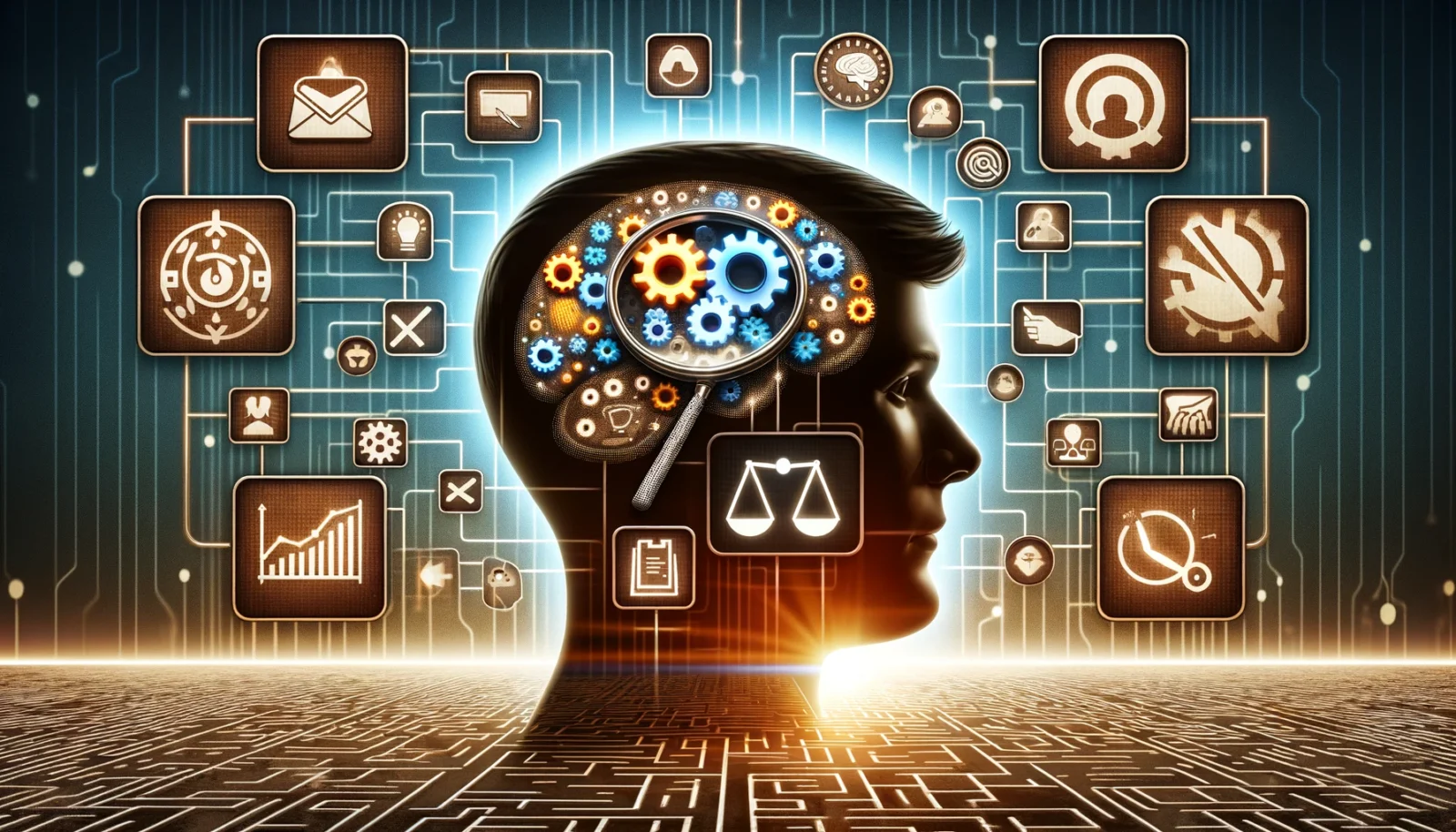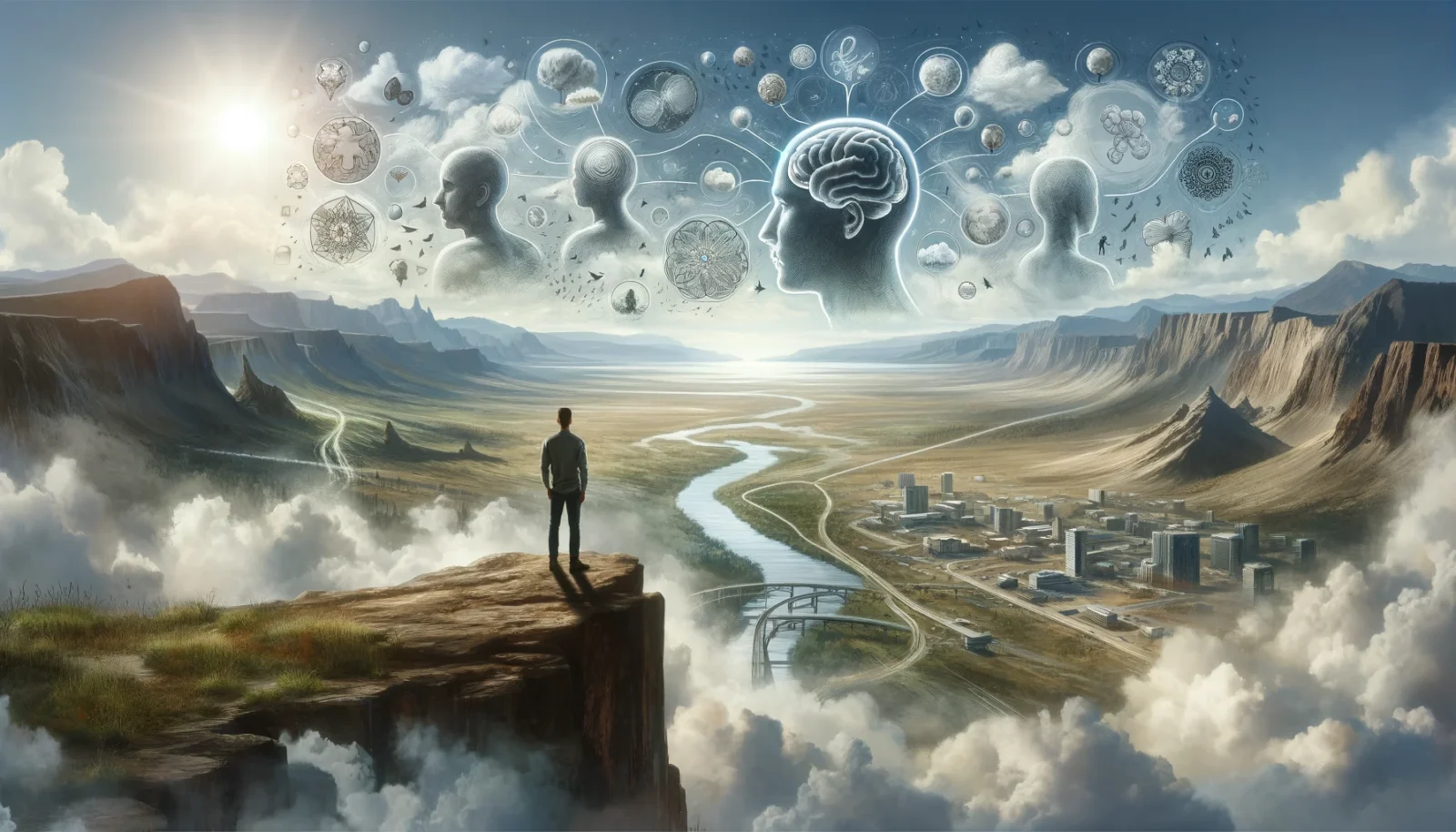Idea Modeling
30 Phil, Chapter 22, Descartes, Touchstone 54: Idea Modeling. Idea Modeling is a new look at the process of creating new ideas. It is the dynamic interplay of various cognitive functions, but especially pattern recognition and conceptual blending. For this discussion let’s add in curiosity, gap-filling, and information bias. The whole thing is guided by […]





















